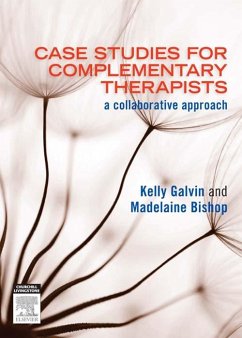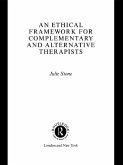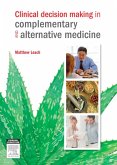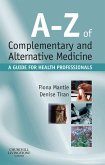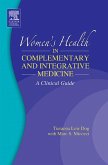Case Studies for Complementary Therapists: a collaborative approach provides curriculum-level support for those working to develop the complementary potential between alternative medicines and conventional western medicine.
This useful complementary medicine textbook provides insight into the initial complementary and alternative medicine (CAM) consultation process.
It offers possible treatment and collaborative referral options for individual cases, rather than dictating diagnostic analysis or treatment protocols for specific health conditions.
Through case studies on conditions like rheumatoid arthritis and fibromyalgia, the book provides an important framework for clinicians and students, within which they can analyse and classify information gathered during consultation.
The book will also help readers develop effective and appropriate treatment programs within the time constraints of a busy clinic.
Case Studies for Complementary Therapists provides suggestions for questions to ask at consultation time; helping readers collect the necessary information to develop a working diagnosis and treatment protocol.
Complementary medicine ethics and law
Complementary practitioners are often uncertain about the legal and ethical boundaries in diagnosis and case management.
Case Studies for Complementary Therapists: a collaborative approach will help complementary and alternative medicine practitioners and students: . recognise medical situations requiring referral . understand their role in collaborative case management . integrate complementary and alternative medicine modalities in treatment programs with confidence
- Provides a clear case analysis format which can be and adapted to suit the requirements of individual case histories
- Specific questioning format
- Clearly identifies situations where cross or collaborative referral is necessary
- Decision tables help readers prioritise treatment, refer appropriately and help guide clinical thinking when readers are faced with several treatment options.
- Class tested, curriculum based
Dieser Download kann aus rechtlichen Gründen nur mit Rechnungsadresse in A, B, BG, CY, CZ, D, DK, EW, E, FIN, F, GR, HR, H, IRL, I, LT, L, LR, M, NL, PL, P, R, S, SLO, SK ausgeliefert werden.

